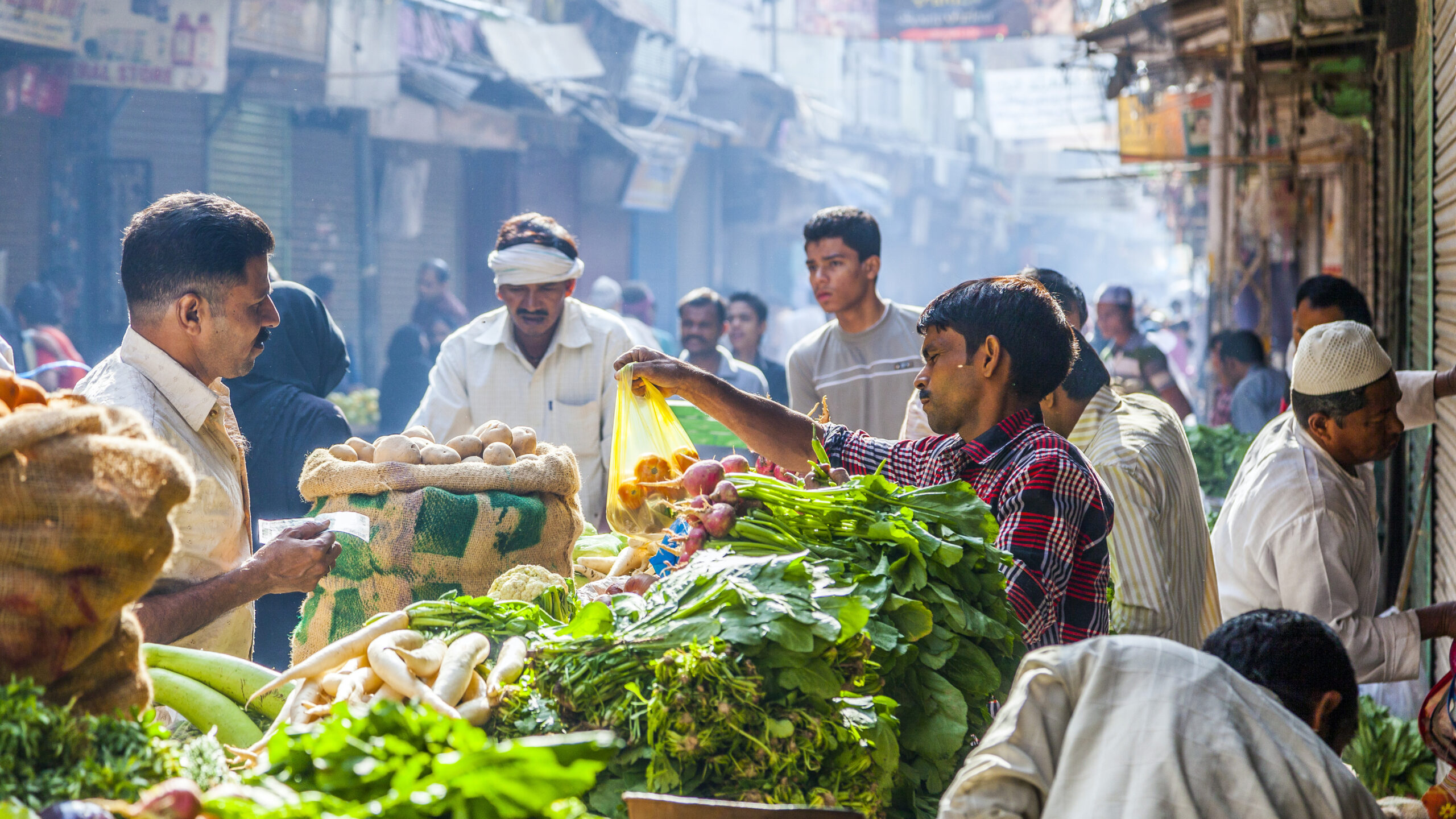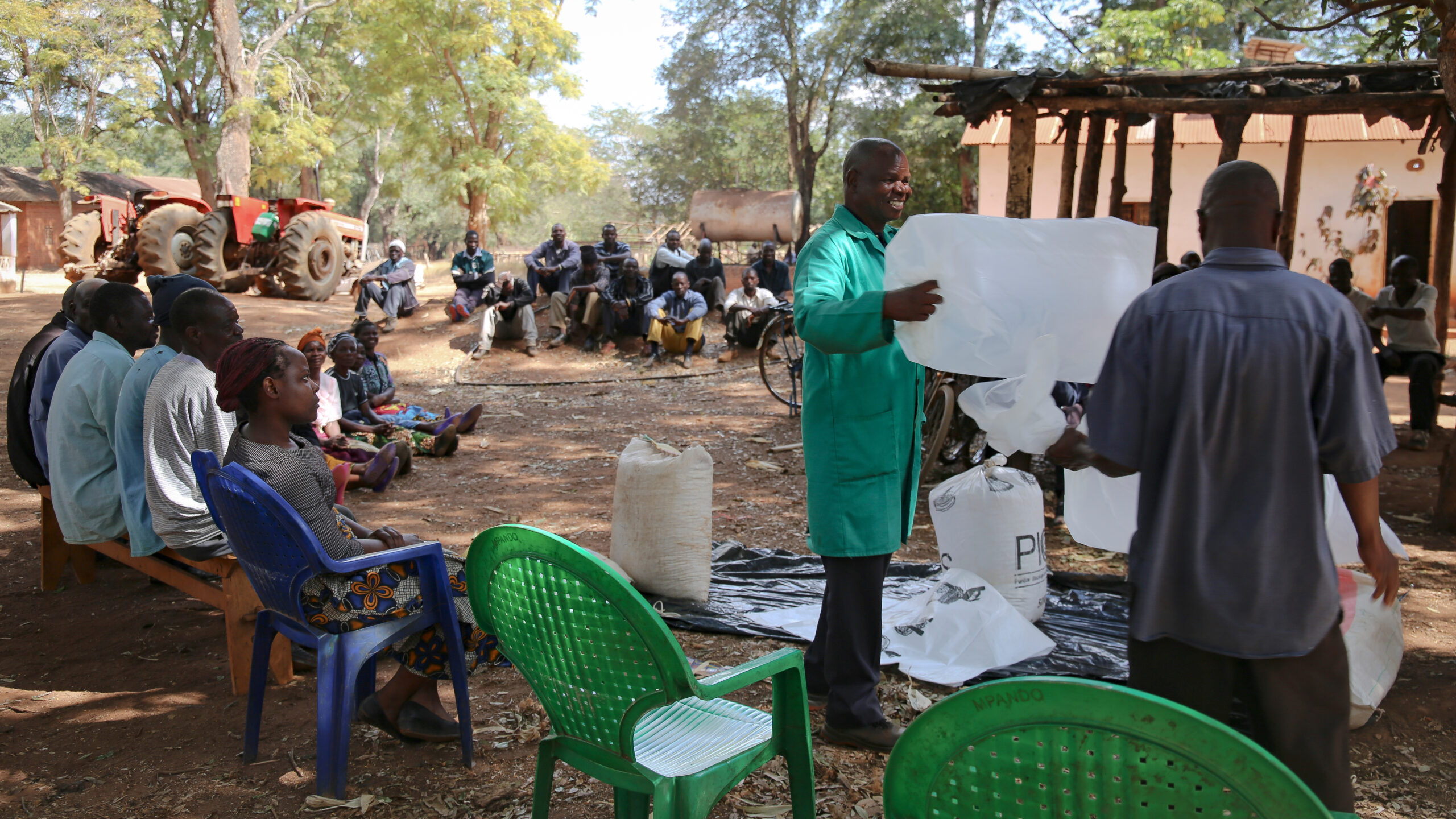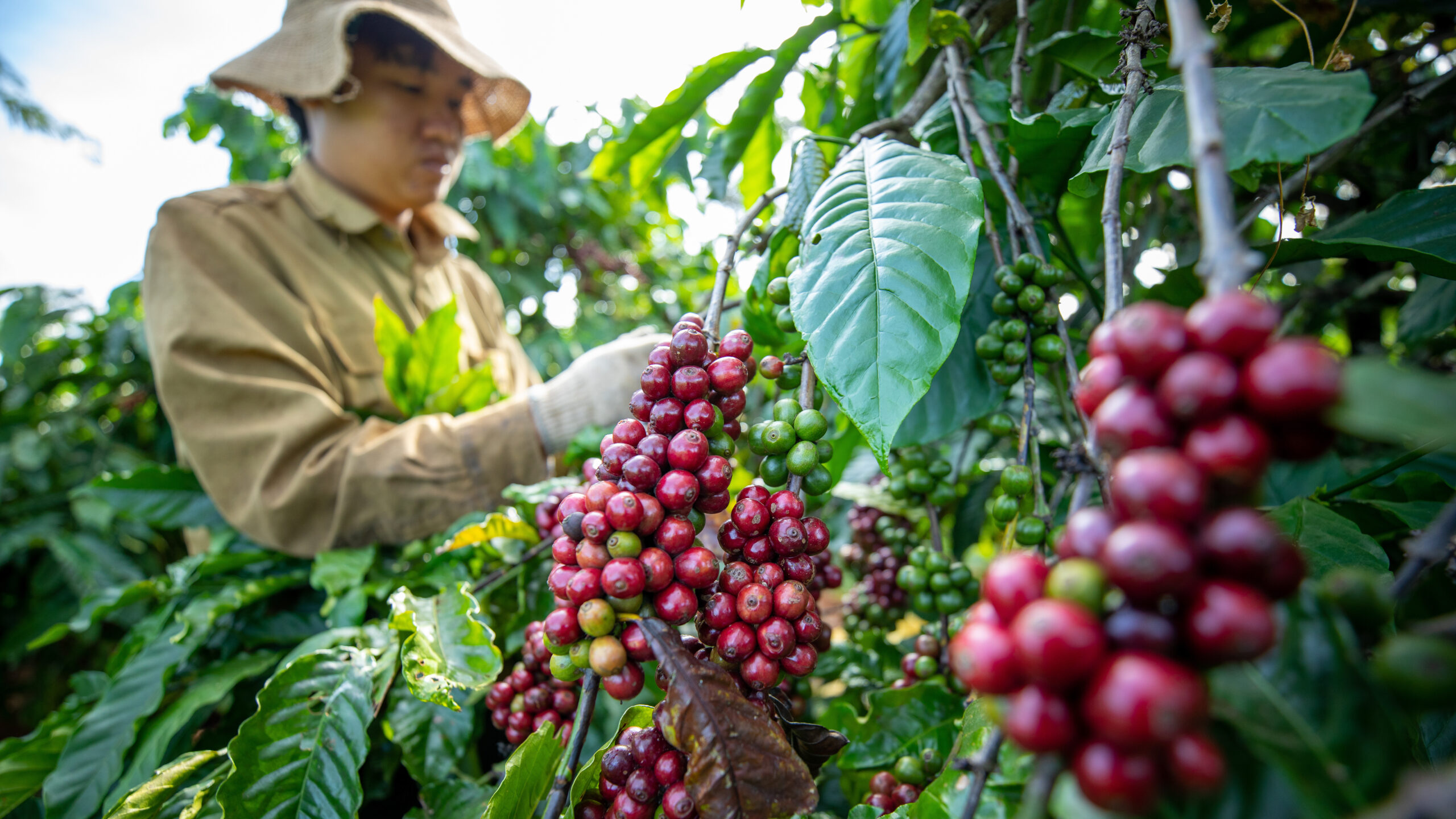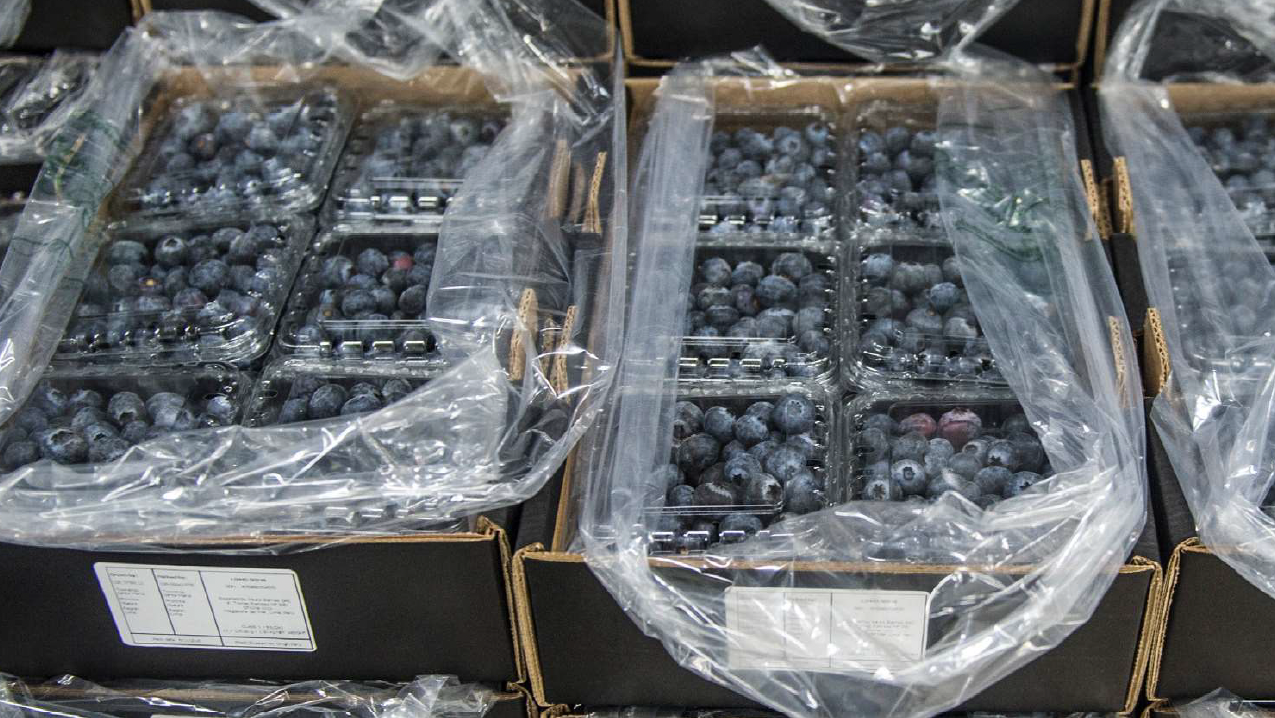On October 31, we observe World Cities Day. As a growing global population increasingly concentrates in urban areas amid intensifying climate stresses, the impacts on food systems are significant. We asked three IFPRI researchers to address how urban food systems can face these challenges and become more sustainable and resilient.
How can urban food systems be transformed to ensure better food safety, especially as climate change disrupts production, storage, and distribution? What innovations or policies are needed to address these challenges in cities?
Vivian Hoffmann, Senior Research Fellow, Markets, Trade, and Institutions Unit and Associate Professor of Economics and Public Policy and Administration at Carleton University in Ottawa, Canada:

Food safety is generally impossible for consumers—or producers, for that matter—to observe directly. This lack of observability means that safer food doesn’t generally fetch higher prices. As a result, many food business operators in rapidly urbanizing low- and middle-income countries (LMICs) that lack robust enforcement of food safety standards have little incentive to go to the trouble or expense of seeking out the safest products, or applying careful food hygiene practices, to the food they process and sell.
But consumers’ unmet demand for safer food, together with the profit motive of food businesses, can be used to design effective food safety interventions in urban markets. Modeled on restaurant food safety grading programs in settings as diverse as New York City and Thailand, IFPRI and partners are testing the effects on food safety and business outcomes of rating butchers in Viet Nam and Ethiopia on their food hygiene practices. Preliminary results show positive impacts on both practices and sales.
Such food safety challenges begin far beyond city boundaries. Controlling food safety risk must start on-farm and extend through processing to retail, with interventions to build capacity and create incentives at every stage. This requires both public and private investment to ensure that agricultural soil and water used for irrigation are safe, that adequate water, sanitation, and hygiene infrastructure is available at slaughterhouses and markets, and that traceability systems are in place to identify the source of outbreaks.
As temperatures increase due to climate change, foodborne disease cases will multiply along with the microorganisms that cause them—unless we take action to transform food systems.
Echoing the theme of this year’s World Cities Day, “Youth Leading Climate and Local Action for Cities,” how can urban youth drive the transformation of food systems to be more sustainable and climate-resilient, and what support do they need?
Claudia Ringler, Director, Natural Resources and Resilience Unit and co-lead of the CGIAR NEXUS Gains initiative:

Young people in urban areas suffer particular harms from lack of climate action—including but not limited to air pollution, heat stress, and floods, among other impacts, mediated by inequities in access to healthy diets, fresh water, sanitation, and affordable health care, which directly reduce young people’s cognitive and health skills. The lack of action thus threatens our future.
Yet there is no doubt that globally, youth will have to lead on climate change, as the rest of us have already failed. Urban youth have particular skills, including in social media and activism; what they need is consistent voice in the political arena, as well as access to financial resources to convert their climate solutions into reality. These include circular economy interventions, such as composting, that can help make living in urban environments more sustainable.
What are the key governance challenges that cities face in building resilient and inclusive food systems, and what approaches can help to overcome these challenges?
Danielle Resnick, Senior Research Fellow, Development Strategies and Governance Unit and Brookings Institution Non-Resident Fellow:

Many cities in low and middle-income countries (LMICs) are simultaneously trying to enhance affordable food access for their growing populations while confronting the economic and health impacts of climate shocks—including urban heat island effects, coastal erosion, and flooding. Yet several dimensions of urban governance, both formal and informal, create significant challenges for addressing these problems and for building resilient and inclusive food systems. For instance, many cities have mandates over some functions relevant for food systems, such as managing marketplaces or urban agriculture, but far fewer have authority or capacity to deal with climate and health emergencies. In addition, many services relevant for resilient food systems, such as dealing with urban transit, watershed management, and solid waste collection, are cross-jurisdictional. In the world’s more than 8,000 metropolitan areas, cross-jurisdictional cooperation is difficult, since municipalities rarely want to accept limitations to their statutory powers by sharing mandates and resources with neighboring municipalities.
Informal food markets in cities, where many of the urban poor source their food, present some of the most difficult coordination challenges since their oversight often falls under multiple city departments. In Ghana, for example, at least five different departments in metropolitan and municipal assemblies, ranging from finance, to health, to planning, have a partial mandate over food traded in informal markets and by street vendors. Beyond these institutional and capacity issues, high levels of inequality and spatial fragmentation in some cities undermine inclusivity in policy planning and implementation. For instance, informal food vendors and slum residents often experience forced removals and confiscation of merchandise—sometimes justified on health or environmental grounds—that mirrors their exclusion from city food system planning processes.
Yet, cities have always been sites of innovation and experimentation, and several initiatives in diverse city contexts demonstrate how local and national authorities are addressing potential bottlenecks to building resilient food systems.
For example, some cities in Latin America and Southeast Asia are adopting innovative forecasting tools so that they can better anticipate climate and health risks, rather than just reacting to them. In Freetown, Sierra Leone, the mayor appointed Africa’s first city heat officer—who is addressing, among other things, heat suffered by informal food traders. In South Africa, a more than decade-long Cities Support Program has aimed to enhance vertical coordination, especially on fiscal sustainability of the country’s municipalities, via an intergovernmental relations unit of the National Treasury. And globally, food policy councils and transnational city food networks are an increasingly popular form of participatory engagement when city governments provide the right enabling environment and address potential power asymmetries among stakeholder groups.







